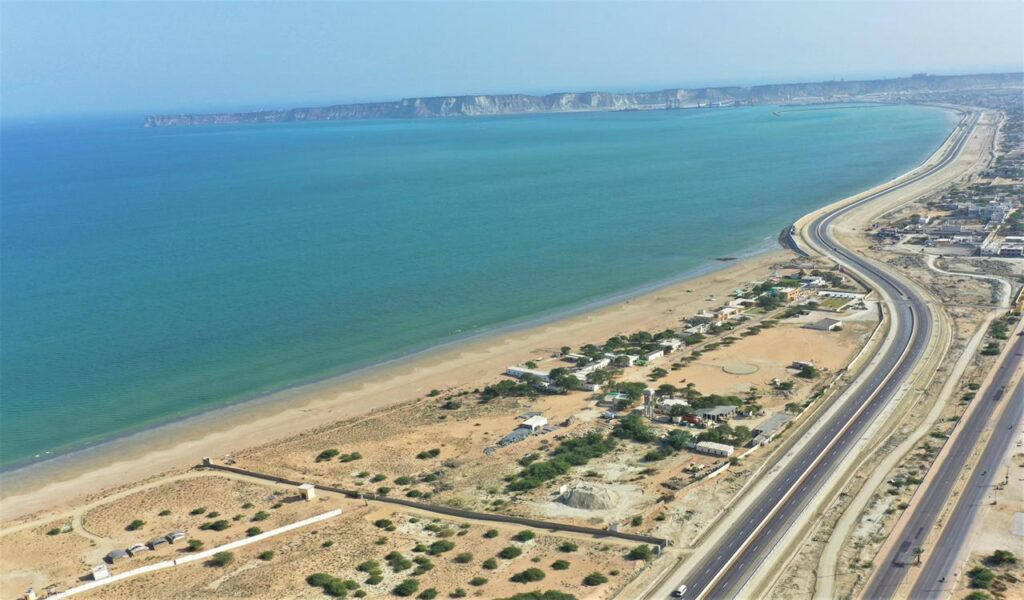Under the China-Pakistan Economic Corridor (CPEC) framework, the government of Pakistan has allocated Rs. 200 million for the first phase of the Gwadar Smart Environment Sanitation System and Landfill Project. Approved under the Public Sector Development Programme (PSDP) and endorsed by the Central Development Working Party (CDWP), the project aims to lay the foundation for a modern, integrated solid waste management system in Gwadar. According to Gwadar Pro, Gwadar Development Authority (GDA) Director General Saif Ullah Khaithran confirmed that implementation will soon commence following the approval of the PC-1 and feasibility report.
The project is designed to efficiently lift, recycle, and dispose of both residential and commercial waste through advanced machinery and standard operating procedures (SOPs). DG Khaithran noted that Gwadar city alone generated over 20 tons of solid waste daily in 2024—up from just 5 tons per day in 2010—due to growing commercial activity and urban expansion.
Currently, most of Gwadar’s waste is dumped in open areas or informal landfills, posing significant environmental and public health risks. Although parts of the waste stream are reusable or recyclable, much of it remains hazardous when improperly managed. The initiative aims to develop a smart and sustainable system to address these challenges and support Gwadar’s urban development.
The proposed system includes both mechanical and manual cleaning processes, utilizing sprinkler and sweeper trucks. It also envisions container-based, manual, and transportation systems for solid waste collection. Sealed garbage bins will be installed in both public and residential areas, and a door-to-door collection service will be implemented to improve efficiency and hygiene.
One of the project’s major focuses is biodegradable waste, which often emits strong odors and greenhouse gases due to aerobic decomposition. Improper disposal also encourages the breeding of insects and pests. The project proposes anaerobic digestion technology to process organic waste, converting it into biogas and organic compost while earning carbon credits through emissions reduction.
At present, only 50% of Pakistan’s solid waste is formally collected. By improving recycling processes and encouraging resource recovery, the project aims to reduce waste volumes, conserve natural resources, and convert discarded materials into productive use.

